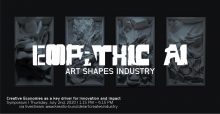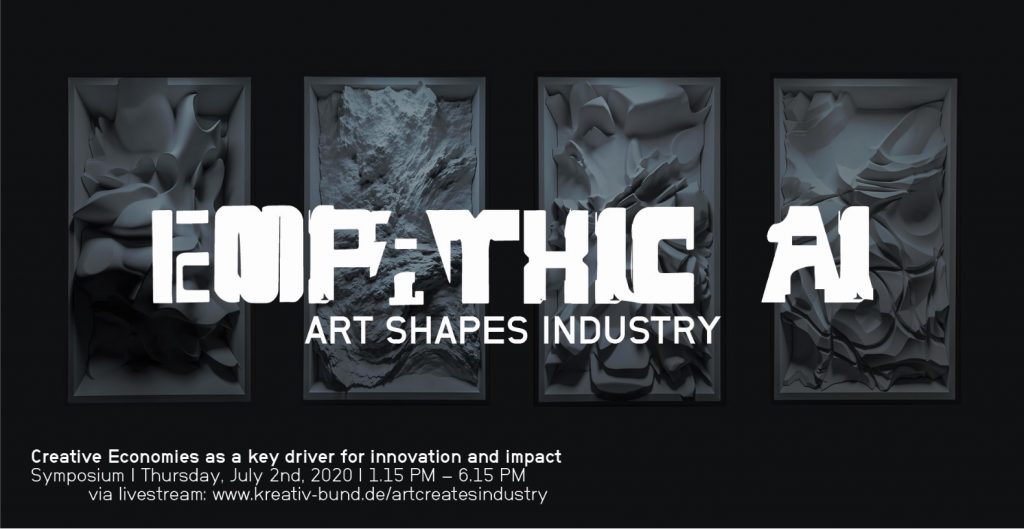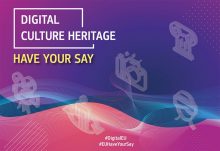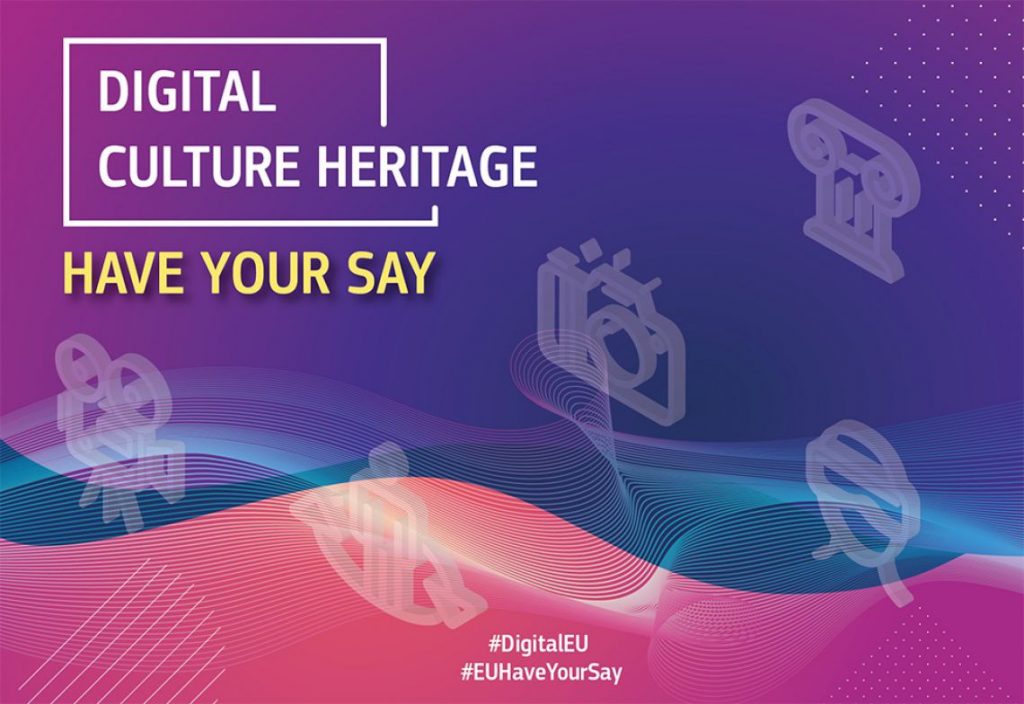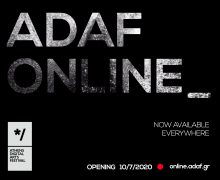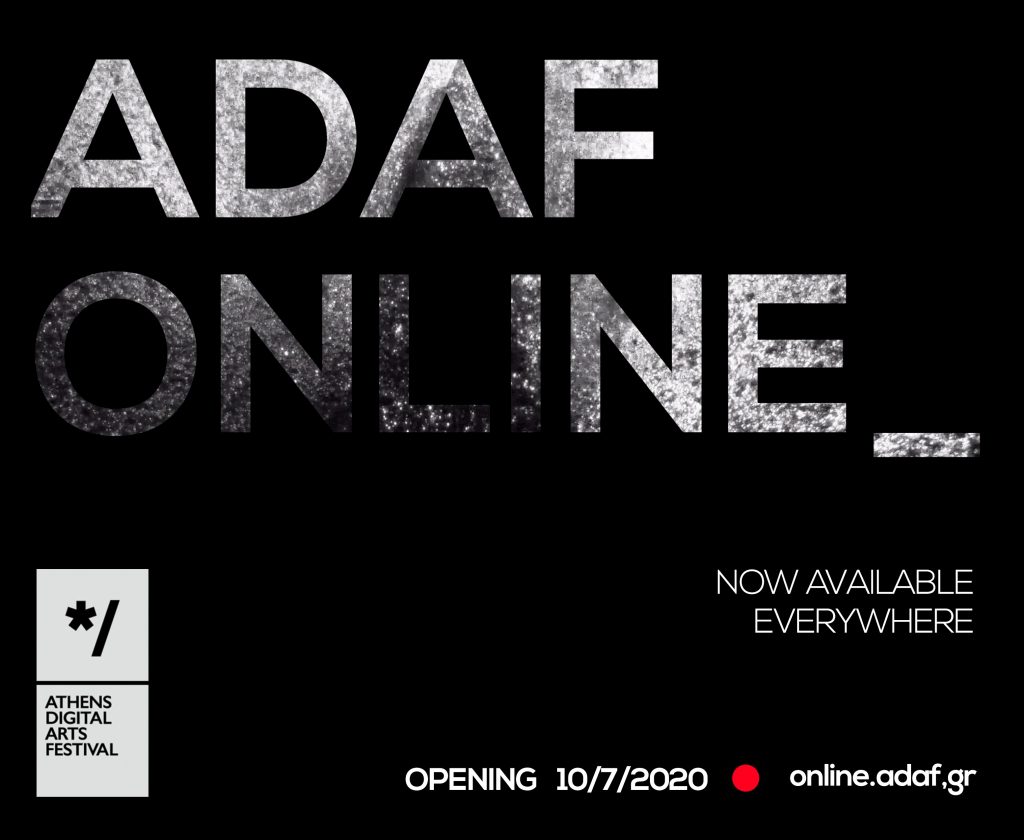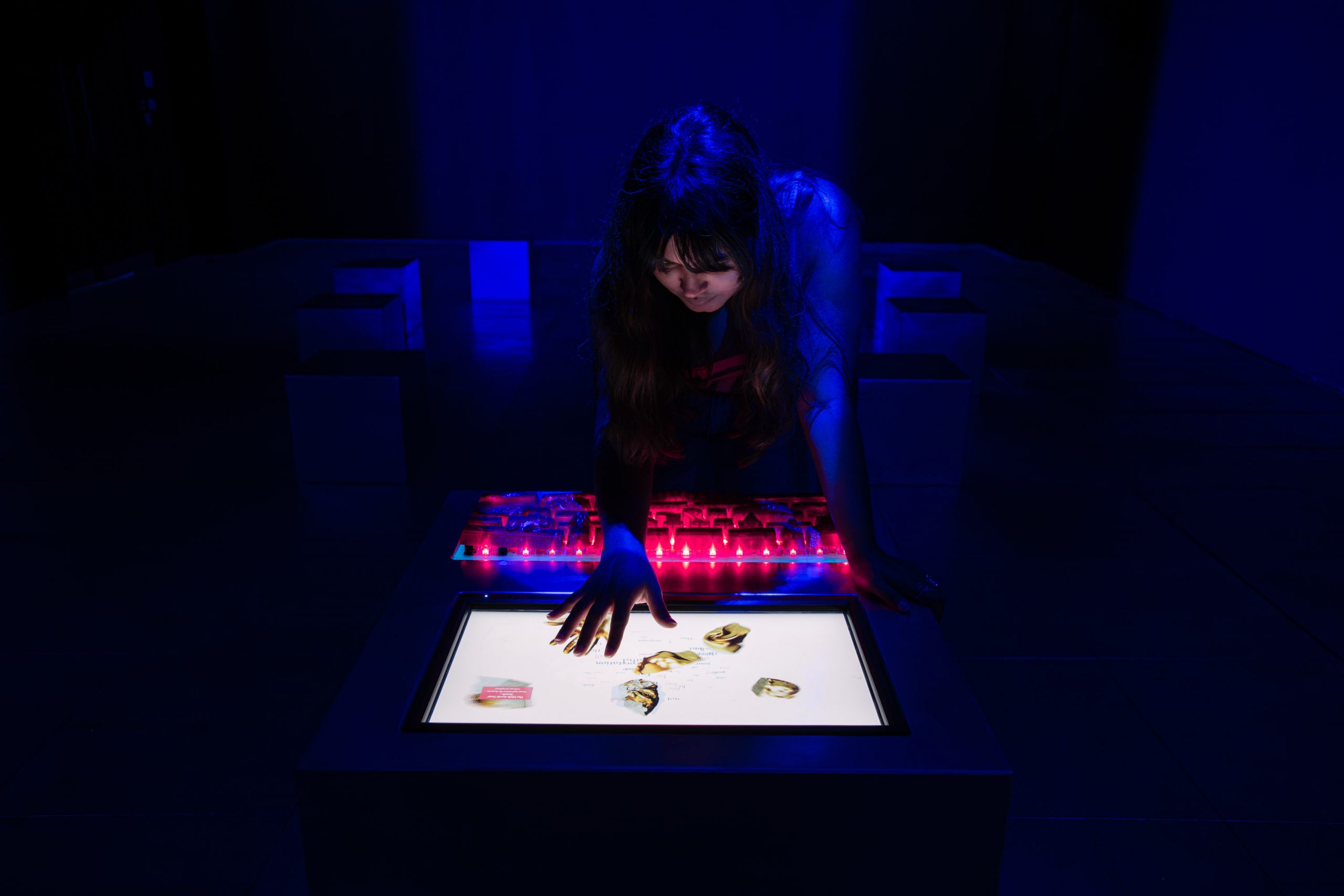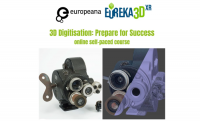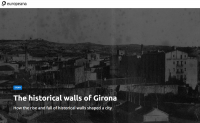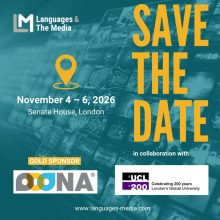Text by Caterina Sbrana.
The home page of Art Basel Viewing Rooms is beautiful. Every page of Art Basel is beautiful. It’s a continuous and amazing discovery. Art Basel was founded in 1970 by gallerists from Basel and 50 years later stages the world’s premier art shows for modern and contemporary art.
The pandemic from Covid-2019 cancelled all events scheduled in Hong Kong, Basel, Miami Beach from March 2020 until next June 2021.
On March 12, 2020, it was announced to the press that the art fair scheduled to open on March 20 in Hong Kong was cancelled due to the severe outbreak and spread of the new coronavirus, but at the same time a new way of visiting the exhibition was announced: the opening of Art Basel’s Online Viewing Rooms.
The first online event, from March 20 to March 25, 2020 put together “235 leading galleries from 31 countries and territories”, especially Asian, and they presented over 2,000 premier artworks.
You need to register and create an account to visit Art Basel’s Online Viewing Rooms, but it is worth especially in this period when it is not easy to move freely. Never as now digital technology and the web help to promote culture and business.
Adeline Ooi, Director Asia, Art Basel said: ‘I am so pleased that we are able to provide our exhibitors with an alternative platform to show the wonderful work that they had been working so hard to bring to Hong Kong this spring. The work on display is stunning. While nothing can replace the experience of seeing art in person, we hope that this initiative can bring some support and visibility to all the galleries and their artists affected by the cancellation of our March show.’

Infographic for upcoming Online Viewing Rooms Event with basic information: title of the event, date, time and location
Art Basel’s Online Viewing Rooms is an opportunity for cultural growth, while for galleries to continue their business.
Global Director Art Basel, Marc Spiegler, confirms the importance of the online exhibition for leading galleries : ‘As the art market continues to evolve, Art Basel has continually investigated how new technologies can give us new opportunities to support our galleries. The Online Viewing Rooms will provide galleries with a further possibility for engaging with our global audiences, complementing the essential personal interactions that continue to underlie the art market.’

One of the sector of Art Basel concerns art galleries
From Art Basel home page you can browse through the different sectors and, selecting a particular leading gallery, you are transferred to its home page as you can see above, as an example. You can find galleries from Europe, North America, Latin America, Asia, and Africa that present the works of modern and contemporary artists displaying paintings, sculptures, drawings, installations, photographs, film, video and digital artworks.

Adeline Ooi said ‘nothing can replace the experience of seeing art in person’, I agree and say that nothing can replace the experience of the trip, however the opportunity to visit art galleries located in different parts of the world and discover new artists, even if only in digital form, is an experience not to be missed.
You can join artists and gallery owners socializing in a virtual walkthrough of each gallery’s respective online booths. Just follow the events proposed by Art Basel’s Online Viewing Rooms.
www.artbasel.com/basel
www.artbasel.com/stories/online-viewing-rooms-announcement
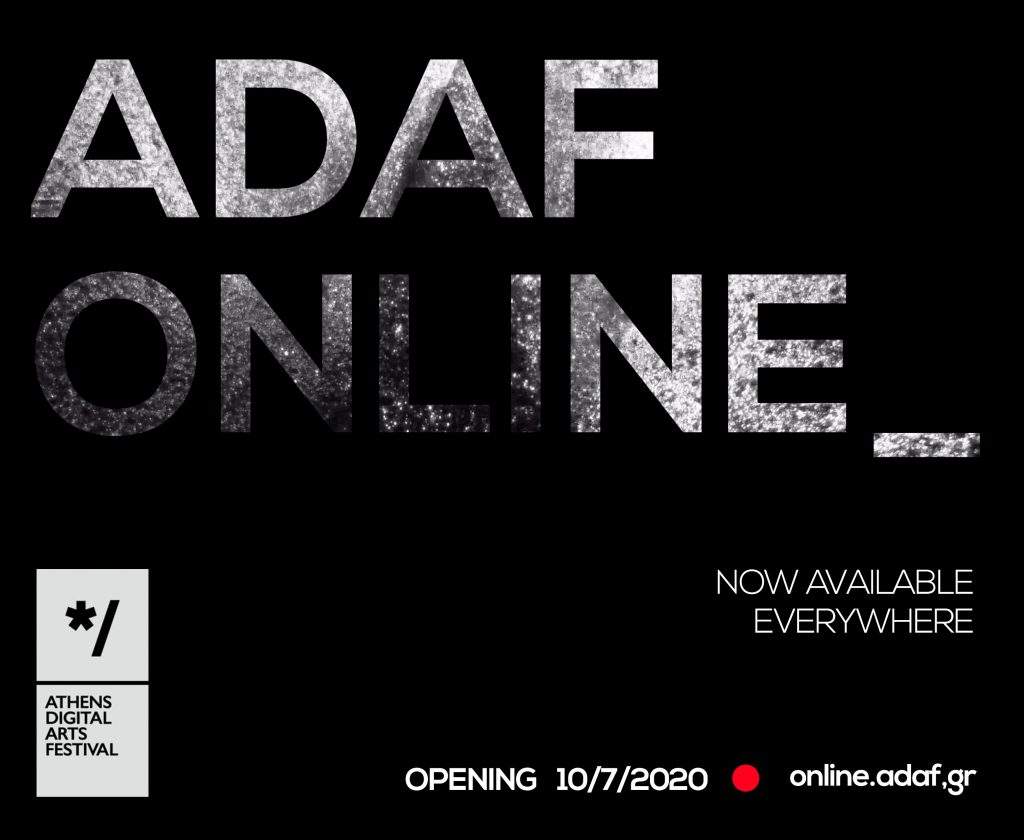
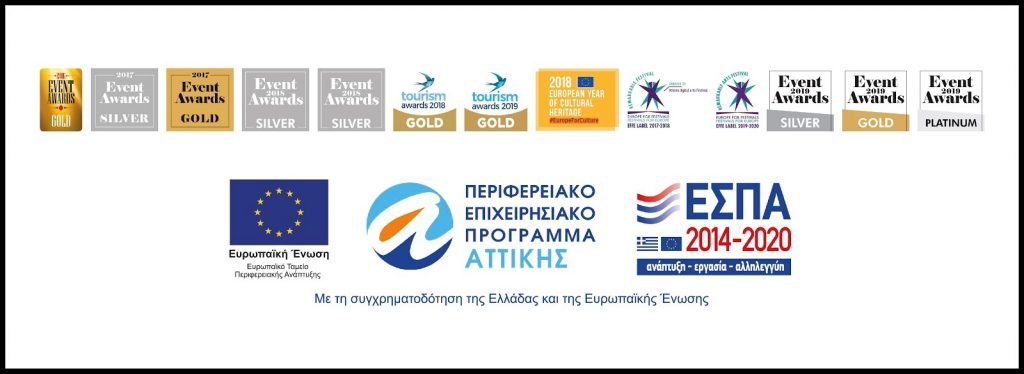


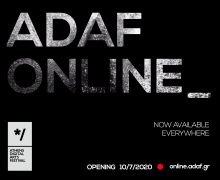






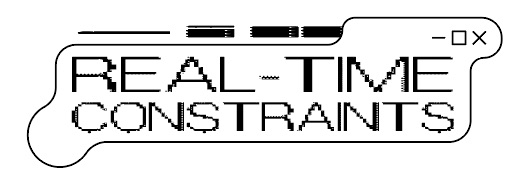
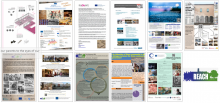
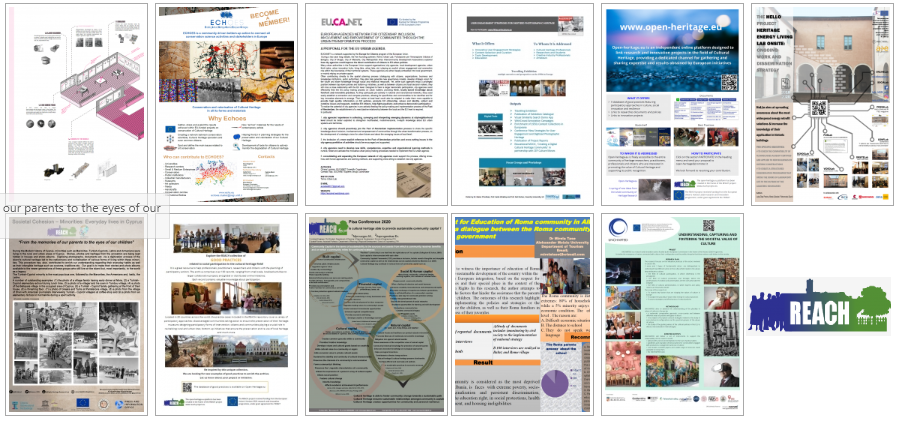


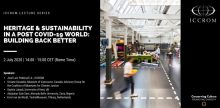
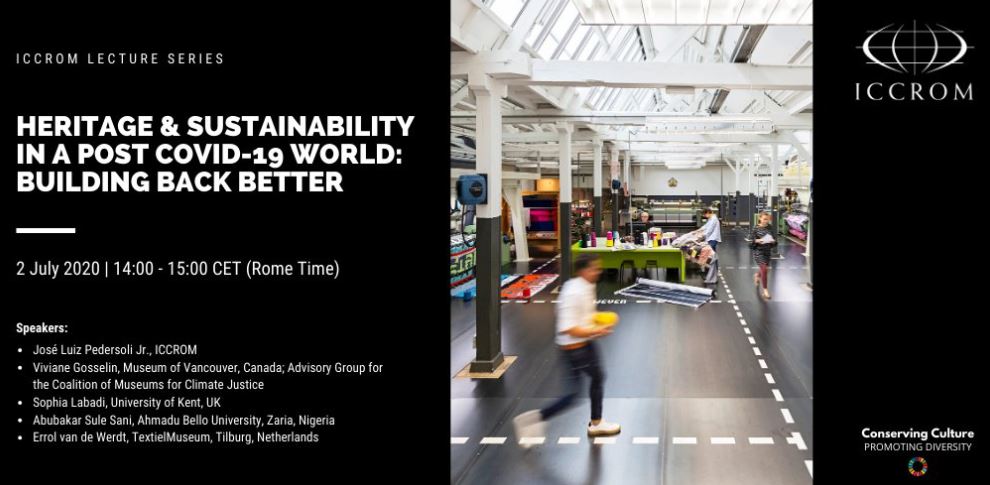 The International Centre for the Study of the Preservation and Restoration of Cultural Property (ICCROM) had organized a very interesting webinar, on Thursday 2nd July, in which the sector of cultural Heritage was called to reflect on the actions to be taken to strengthen the role of heritage in sustainable development, in line with the United Nations agenda for 2030.
The International Centre for the Study of the Preservation and Restoration of Cultural Property (ICCROM) had organized a very interesting webinar, on Thursday 2nd July, in which the sector of cultural Heritage was called to reflect on the actions to be taken to strengthen the role of heritage in sustainable development, in line with the United Nations agenda for 2030.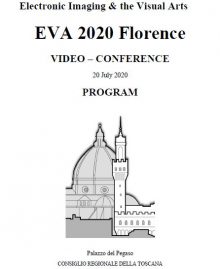
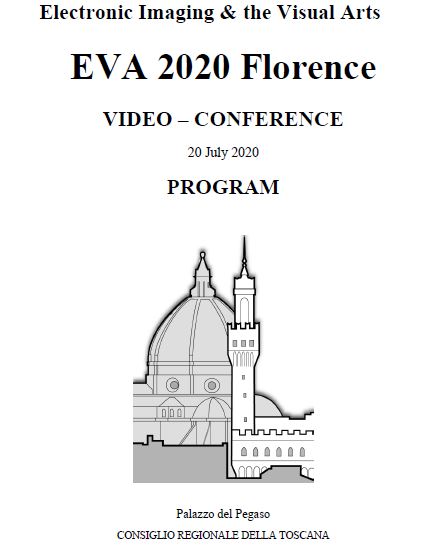 EVA (Electronic Imaging & the Visual Arts) is a series of annual meetings started as small workshop in 1991 and become in few years a well defined conference.
EVA (Electronic Imaging & the Visual Arts) is a series of annual meetings started as small workshop in 1991 and become in few years a well defined conference.